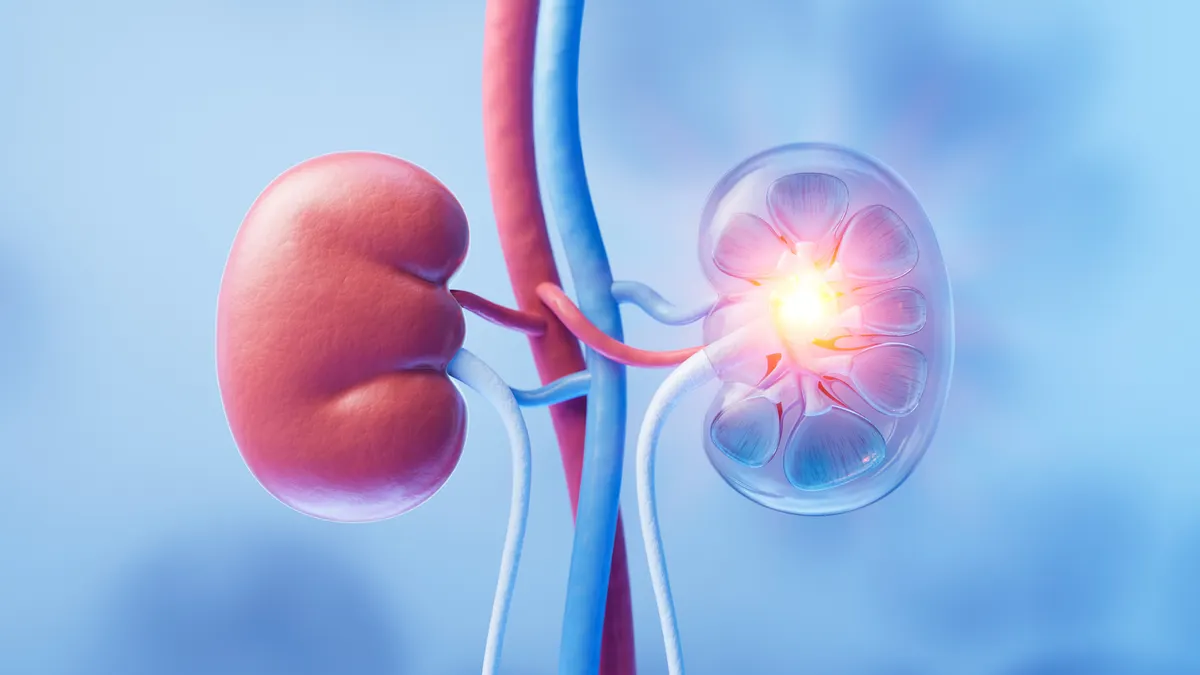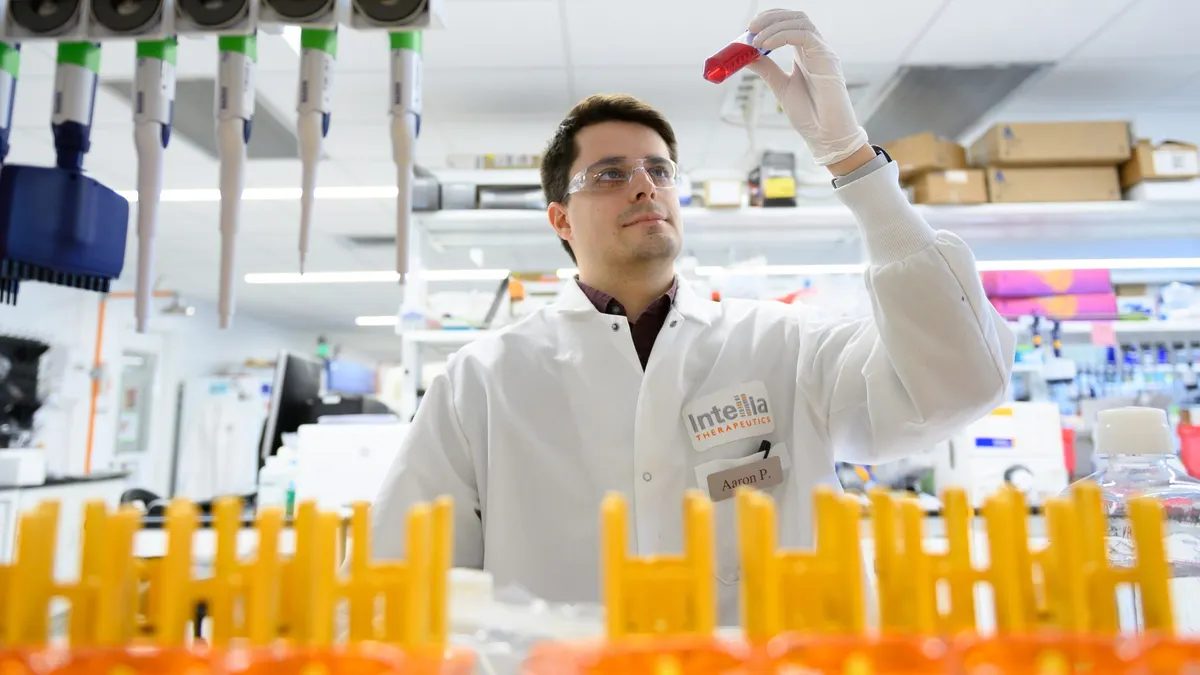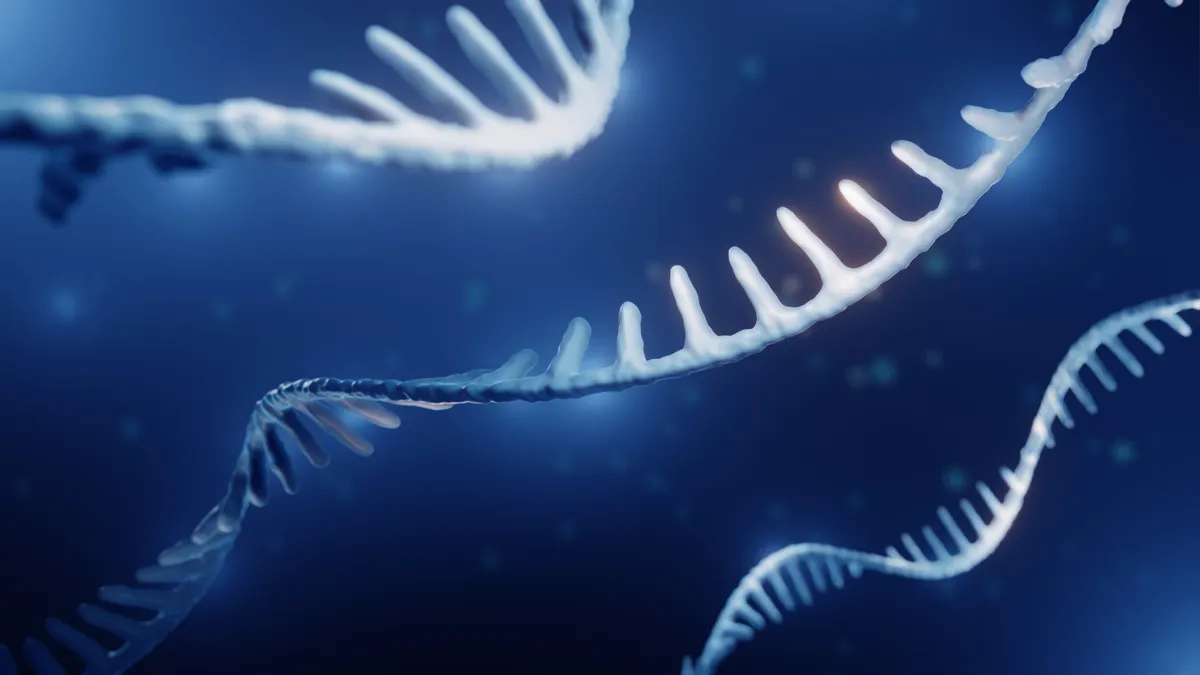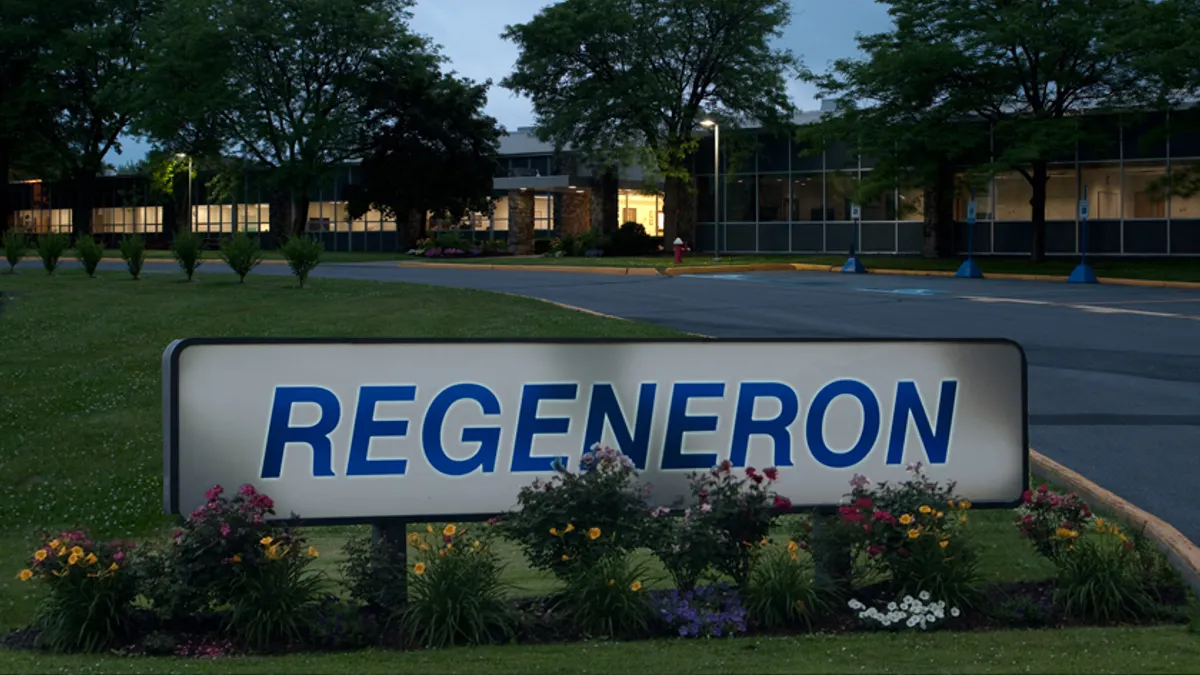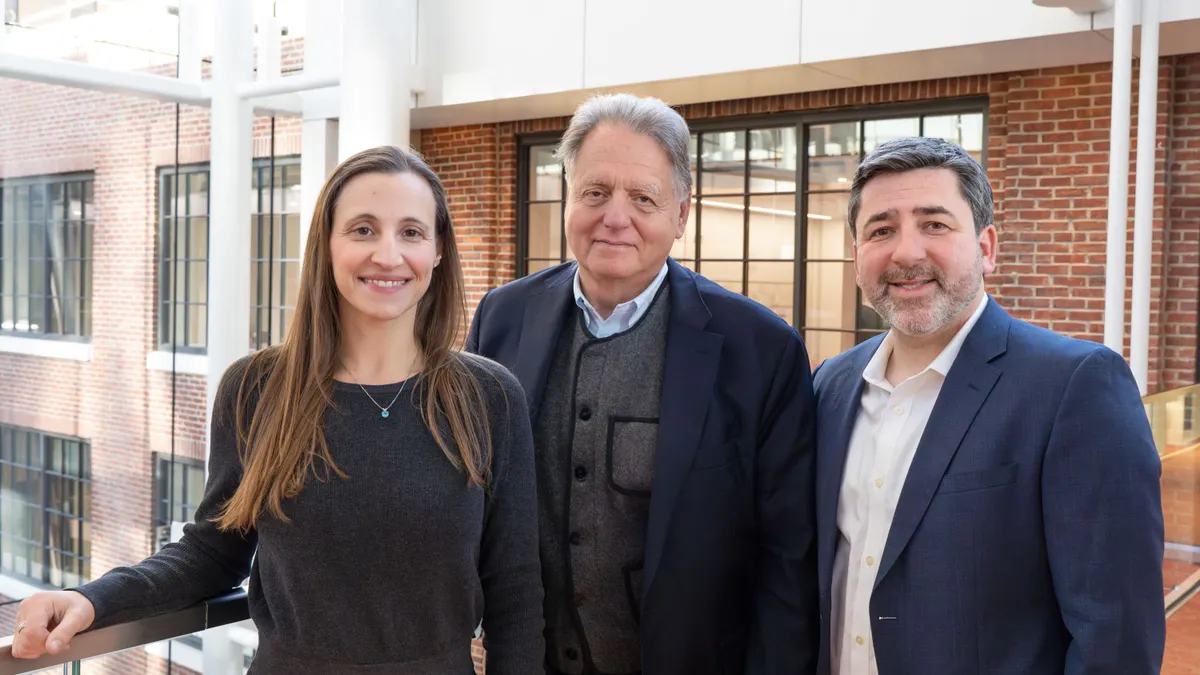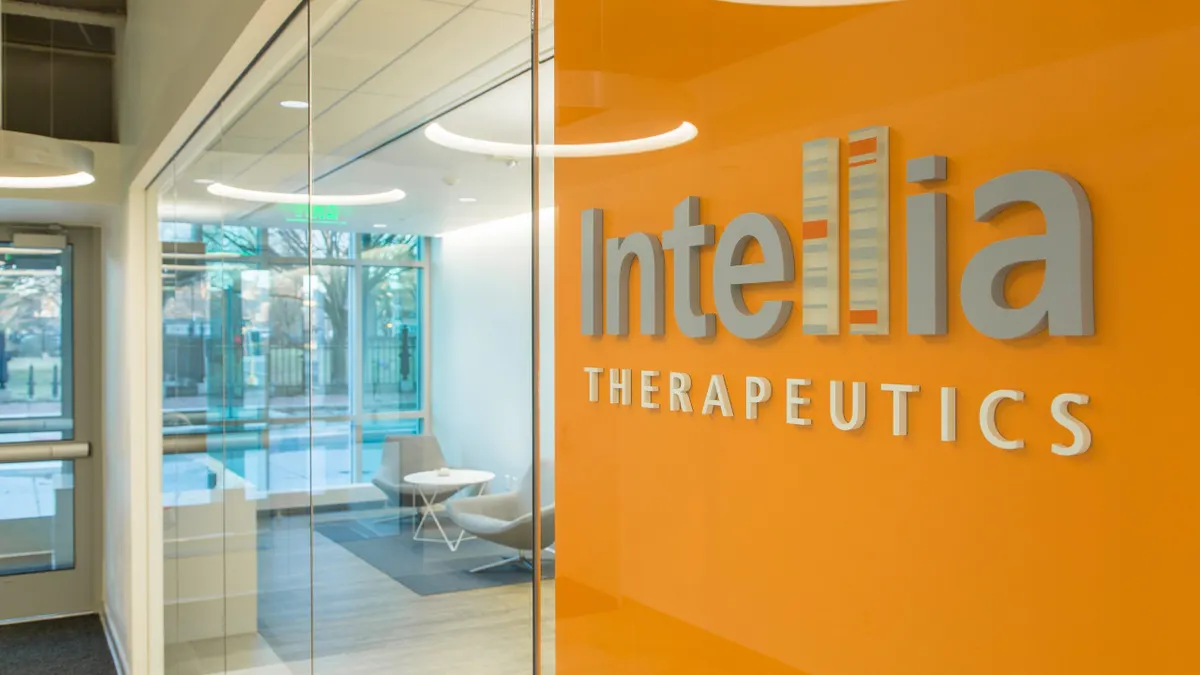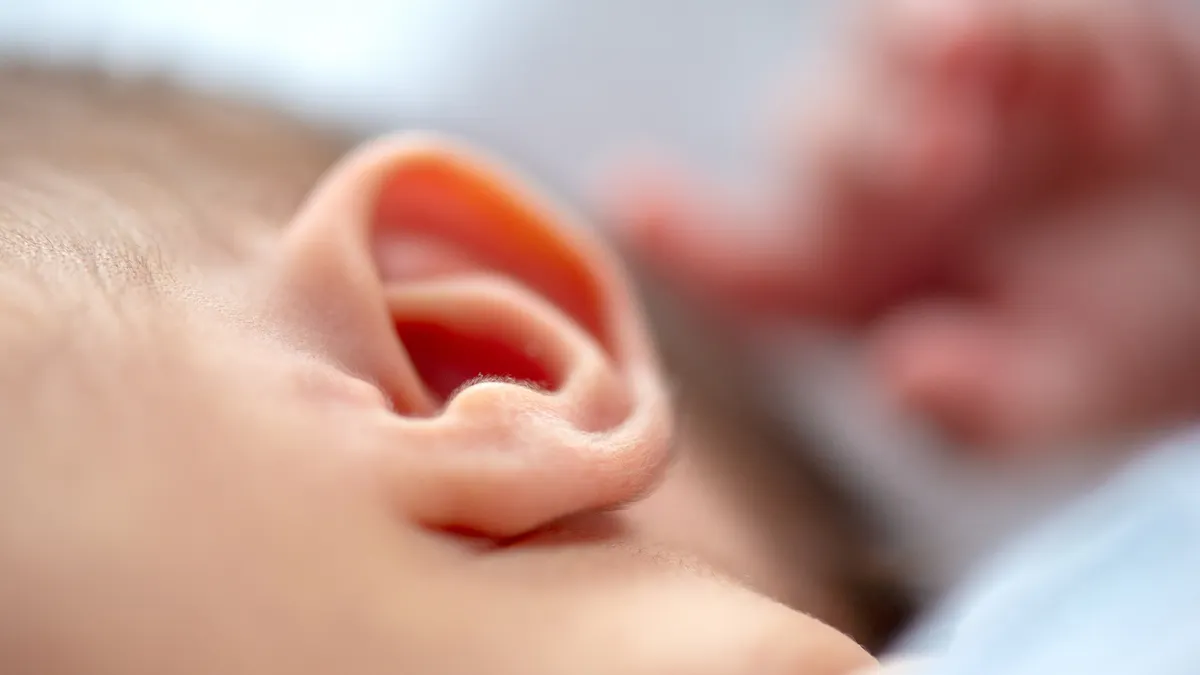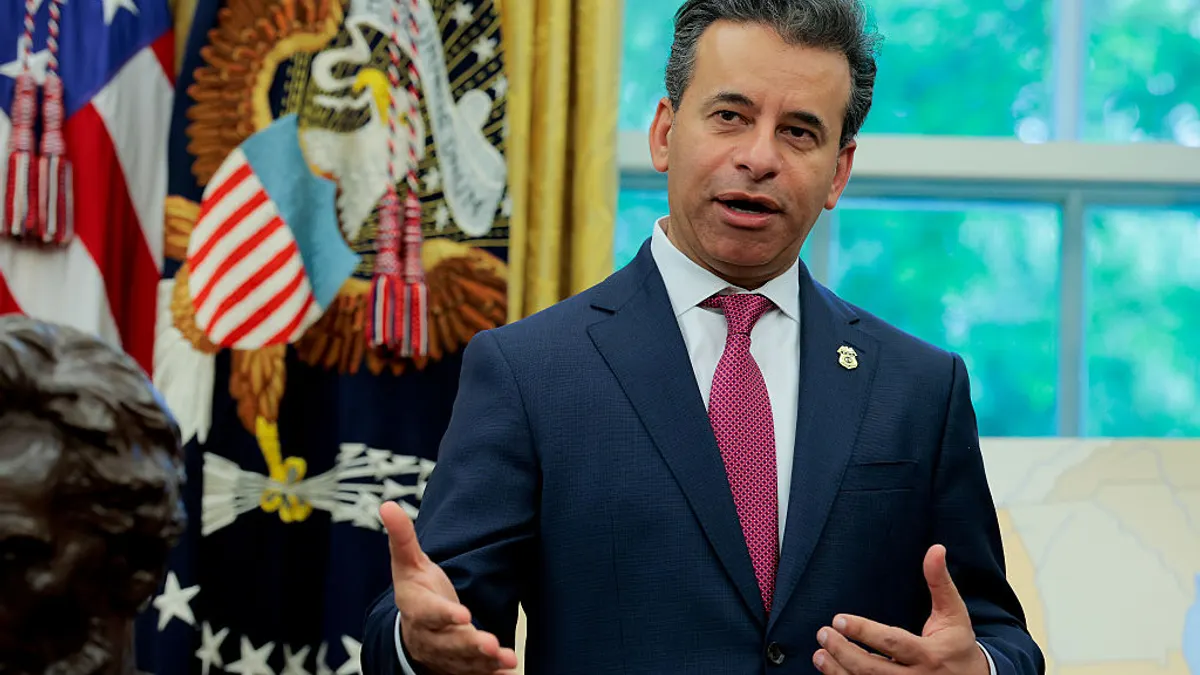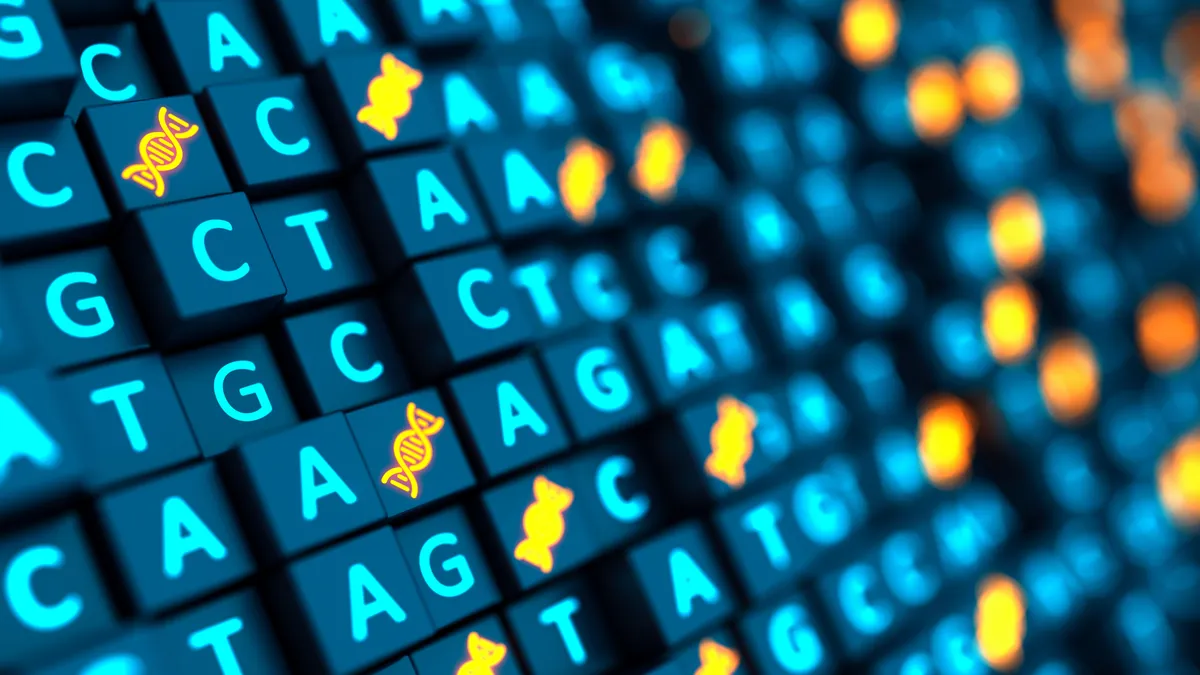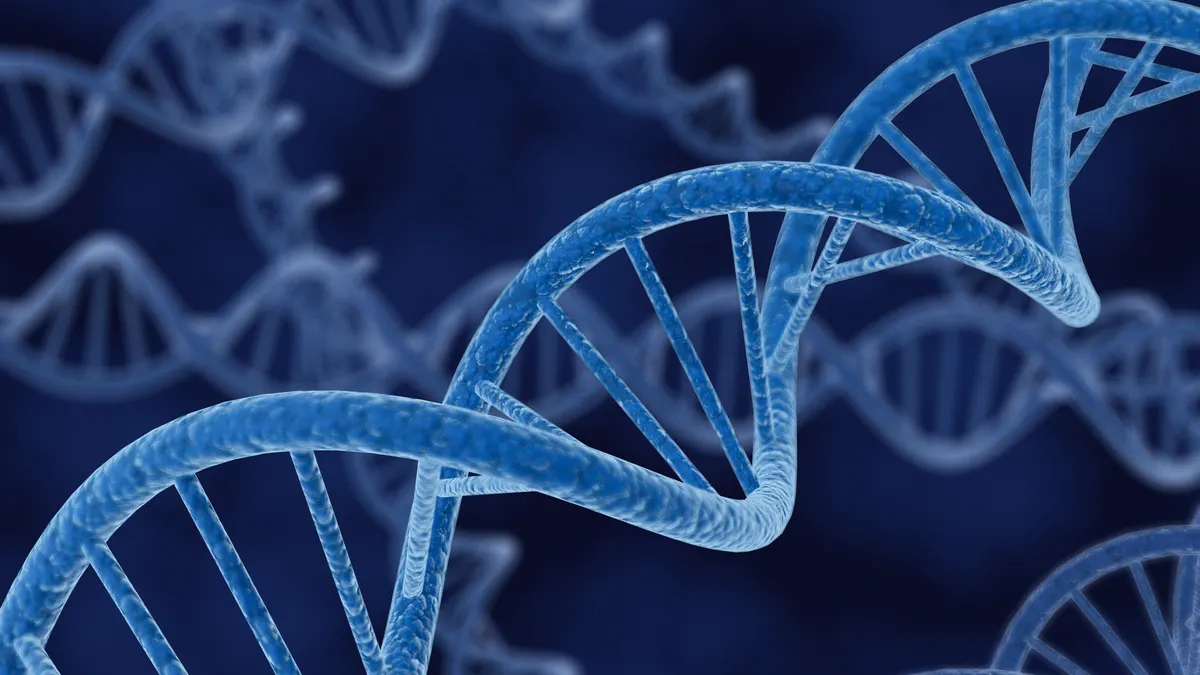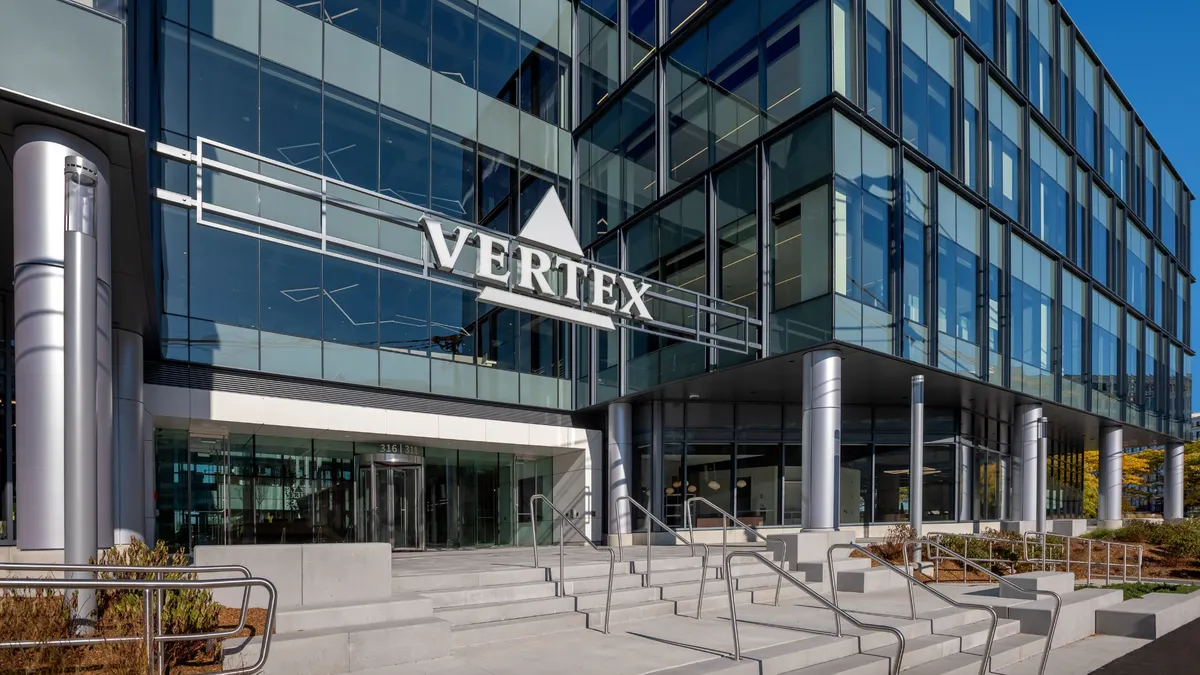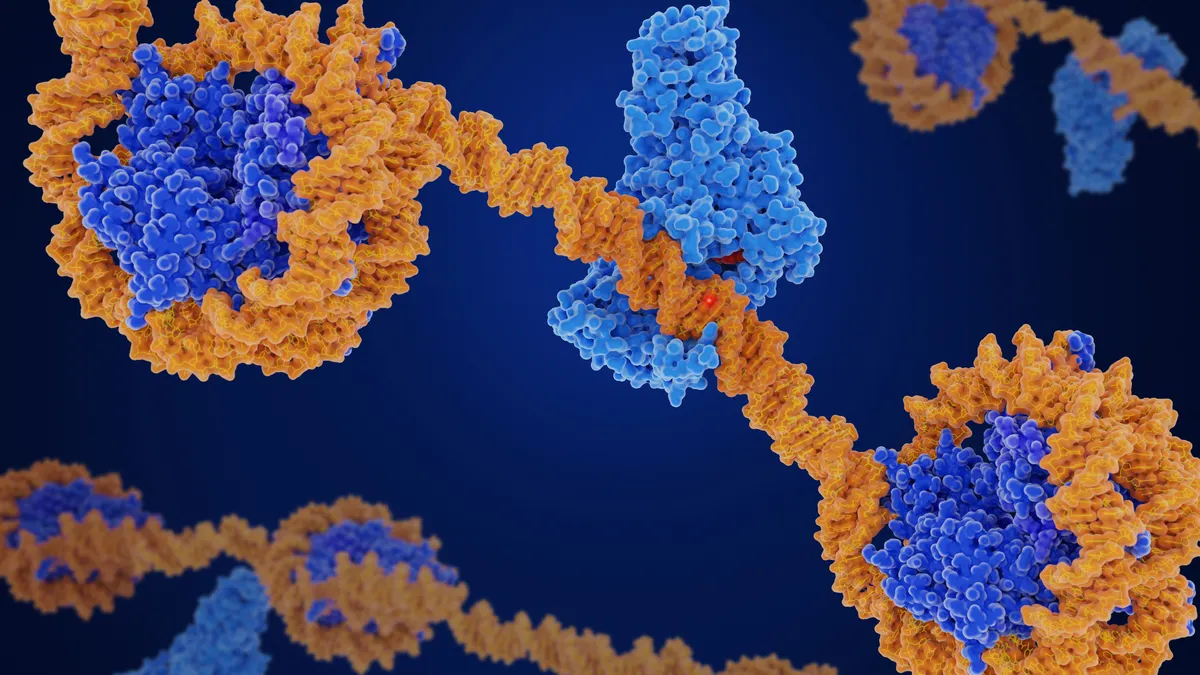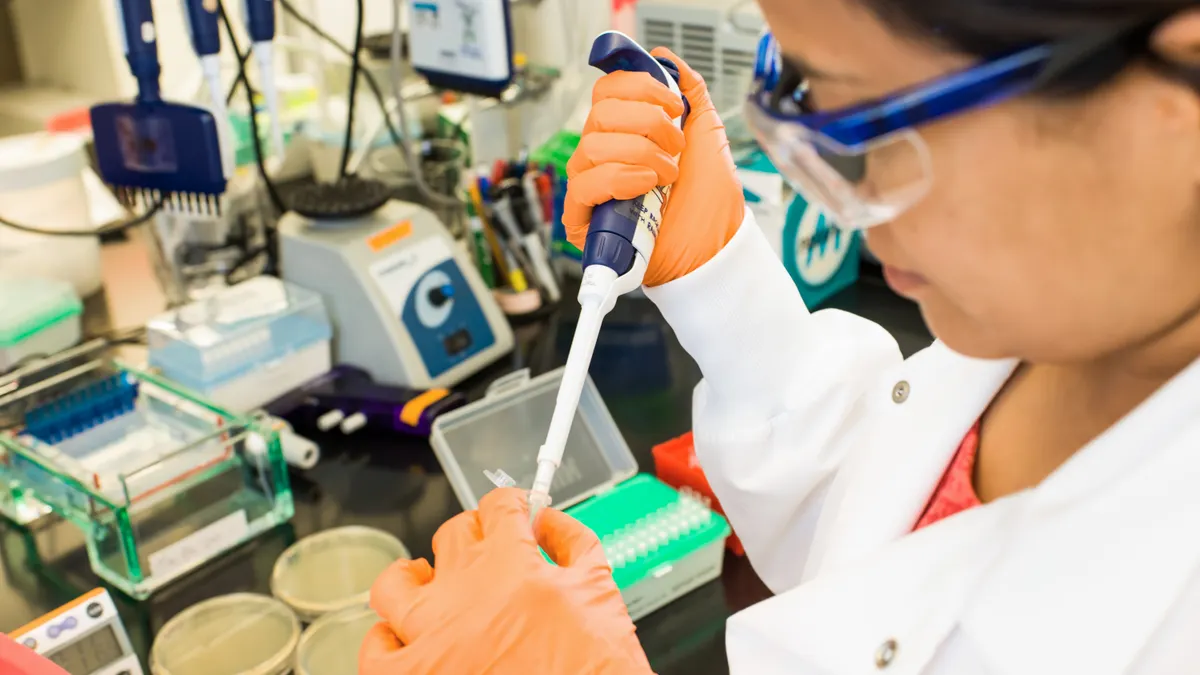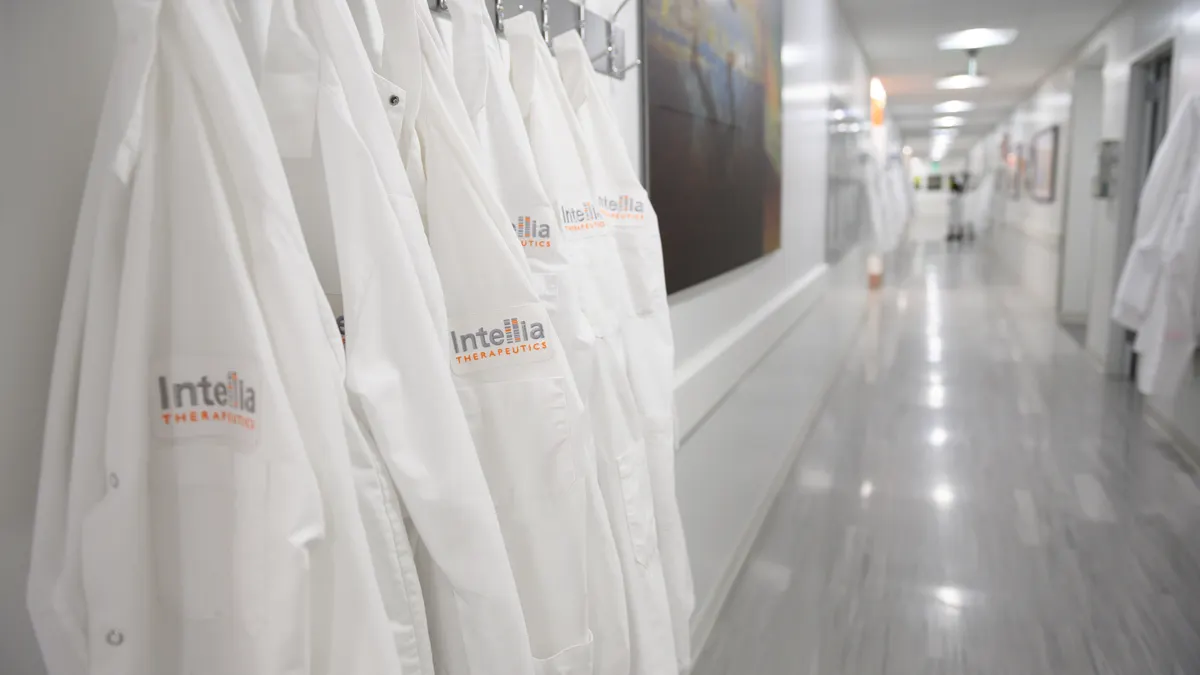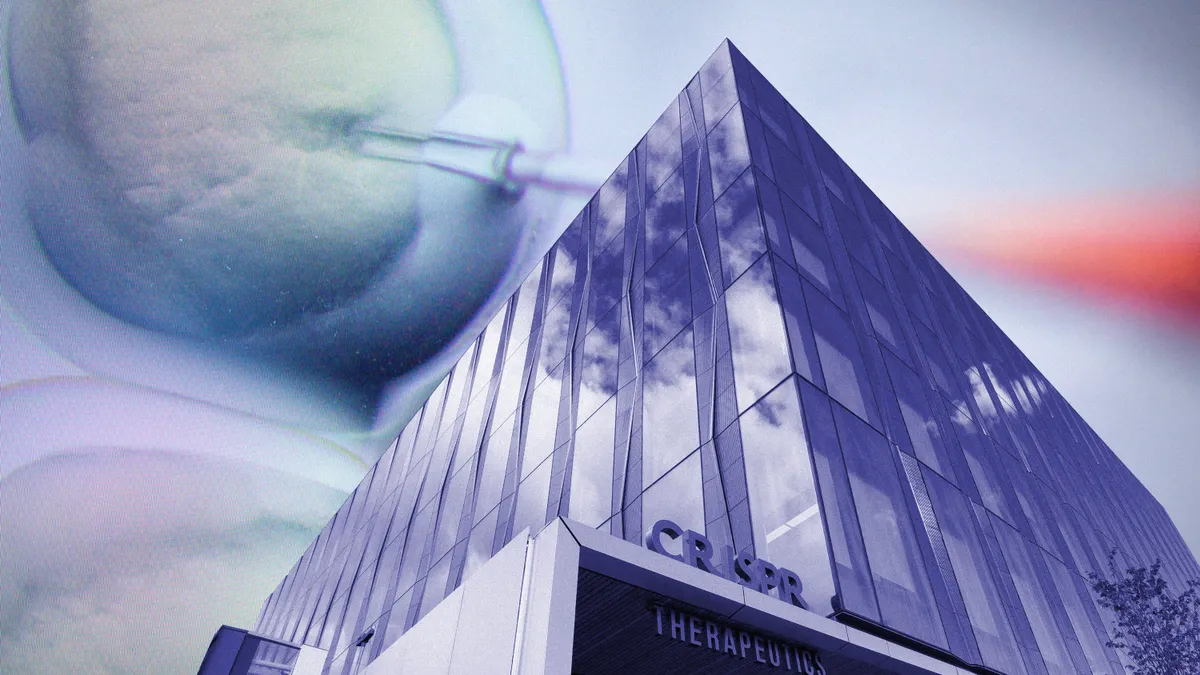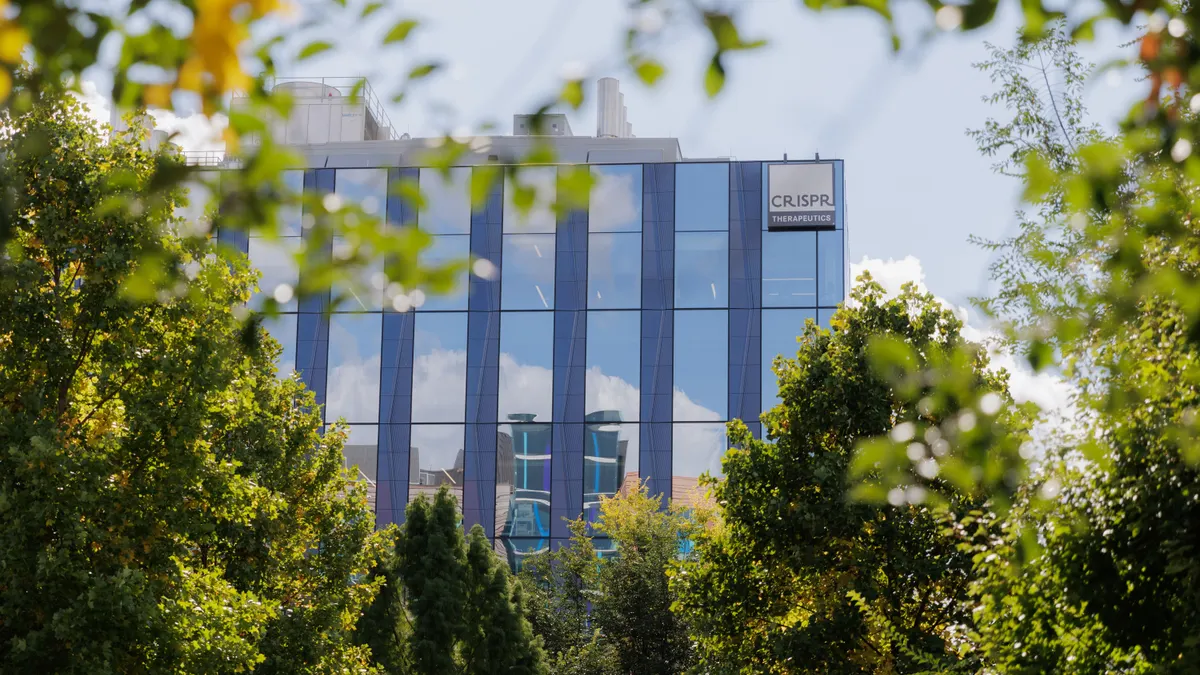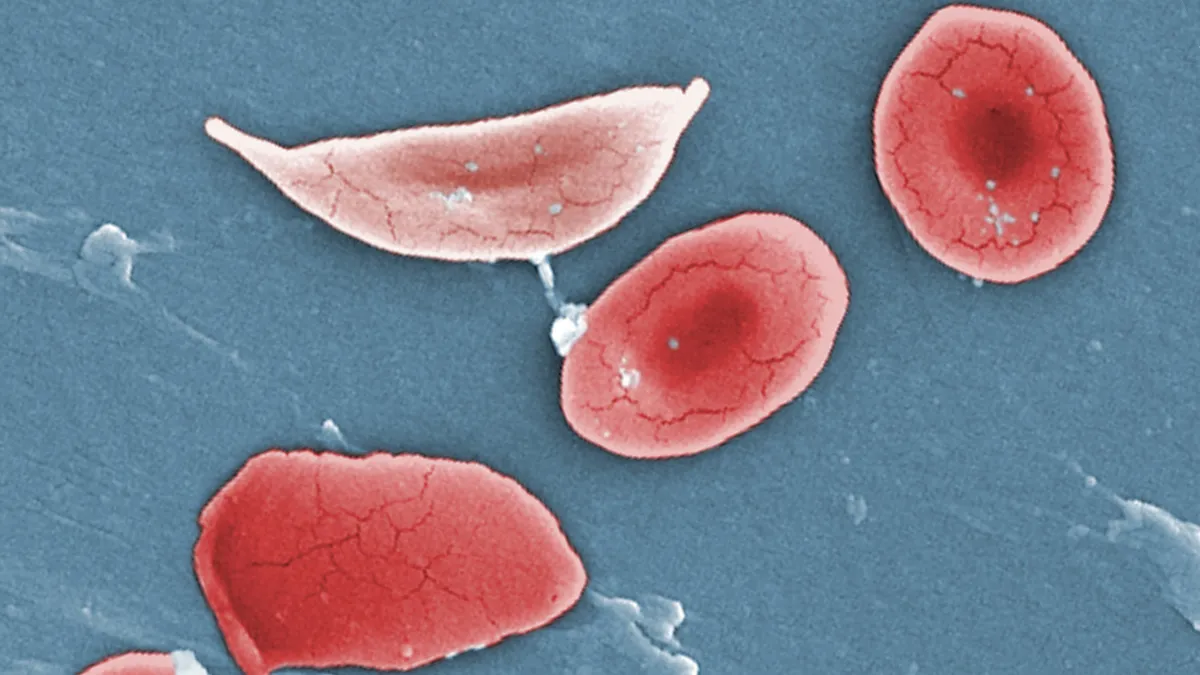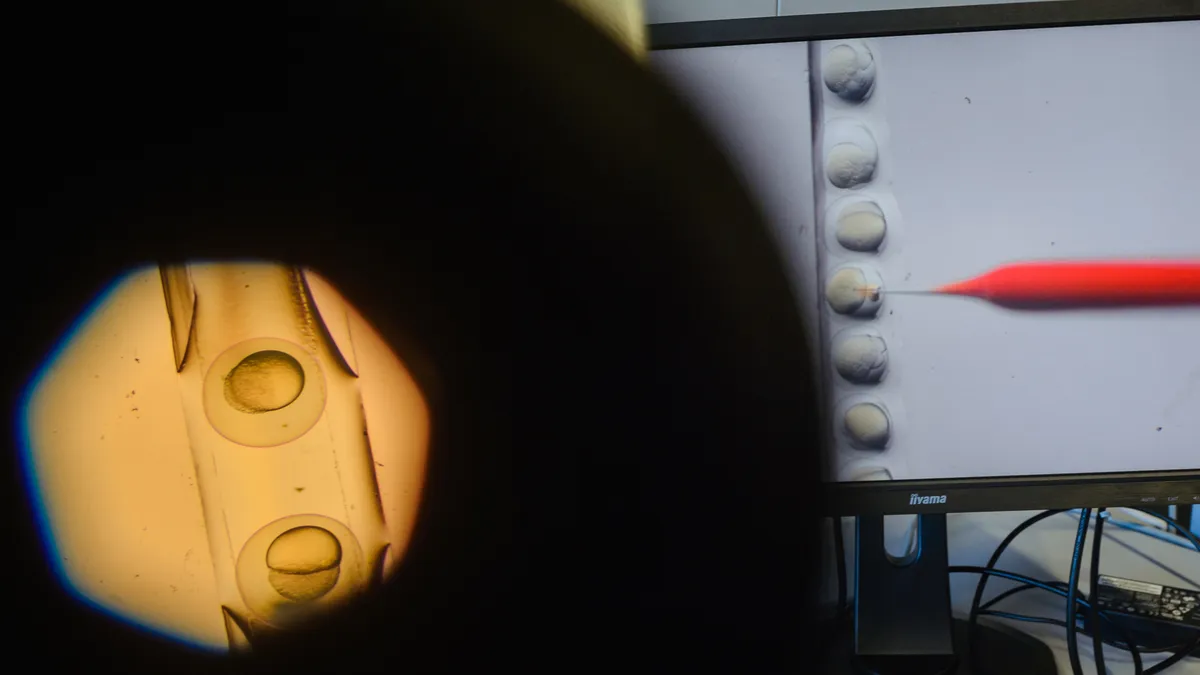Prime Medicine will lay off one-quarter of its workforce and deprioritize its clinical-stage program for a rare genetic disease as part of a restructuring announced Monday.
Moving forward, Prime will focus on Wilson’s disease and alpha-1 antitrypsin disease, as well as continue work with Cystic Fibrosis Foundation on a treatment for that condition. A collaboration with Bristol Myers Squibb in blood conditions, cancer and immune diseases will also continue.
Shares in Prime, which specializes in a gene-altering technology called prime editing, fell by nearly 20% Monday morning. The company’s stock has slid steadily lower since debuting on Wall Street in 2022.
Prime said the staff reduction and research restructuring are needed to “significantly reduce cash needs in advance of key data inflection points.” The reshuffle will also involve a change in leadership: Keith Gottsdiener, who has led Prime since 2020, will be replaced by the company’s Chief Financial Officer Allan Reine.
Prime announced its new plans the same day it announced the first clinical trial results involving prime editing in humans. The data were from the first participant treated in a Phase 1 trial of Prime’s treatment for chronic granulomatous disease. People with this condition can’t fend off certain bacterial and fungal infections, and may also develop other cardiometabolic and immune conditions.
Results showed improvement in a blood test for CGD, as well as “rapid engraftment” in neutrophils and blood platelets.
Analysts at Jefferies described the data as “solid proof-of-concept” that suggests Prime has “derisked” its prime editing technology, which can be used to correct and replace gene mutations without cutting both DNA strands. Prime is now looking at options to license or sell the treatment to a third party.
“These data also reinforce the critical importance of ensuring Prime Medicine is positioned to withstand the challenges of the current environment, so that we can one day deliver the tremendous promise of prime editing to address a wide spectrum of genetic diseases,” Reine said in a statement.
As of March 31, the company had just over $144 million in cash, cash equivalents and investments, according to its quarterly report. Prime’s financial runway stretches into the first half of 2026, it said.
Prime already announced last year it would streamline its operations to focus on fewer experimental therapies, which at the time included its CGD treatment and a companion program that Reine said in September could help it reach 90% of the CGD population.
At least half a dozen biotechs have announced layoffs and restructurings since the beginning of May. One of those, Korro Bio, is developing an AATD treatment in Phase 1/2 studies, putting it in competition with Prime, Beam Therapeutics and several other gene therapy contenders.
Prime also said Monday it had entered binding arbitration proceedings with Beam over a 2019 deal where the two companies agreed to pursue a treatment for AATD.










